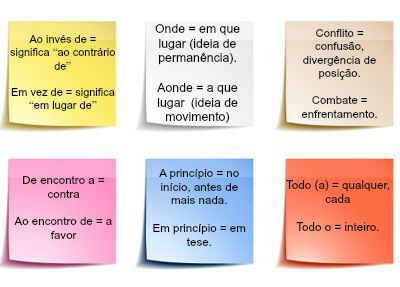Talking about the predicative of the object, it may even be that the term “predicative” doesn't sound, doesn't represent to you something so familiar, but we are sure that the other term that accompanies it, expressed by the word “object”, no longer represents any novelty, right?
Now, "direct object" and "indirect object" are those terms that complement the meaning of a transitive verb (a verb that has no meaning on its own). Thus, we continue with our reasoning, analyzing the following example:

The predicative of the object consists of specific aspects
We read the old books.
Are we going to analyze each term of this prayer? Starting, therefore:
We - Hidden subject
we read – verbal predicate, as it expresses an action.
The books – direct object, as it completes the meaning of a verb, without the intermediary of the preposition.
old – Expresses a quality attributed to the direct object (books) – predicative of the object.
Before we proceed with our reasoning, remember the nominal predicate? Yes, one that expresses action and state simultaneously, that is, at the same time? If you don't remember, just access the text "
Well, notice that even though “hidden”, the connecting verb, that is, the one that expresses state, is found between the direct object (books) and the characteristic attributed to it (old ones).
Thus, again taking up the prayer, we have:
We read the books (and they were) old.
Notions covered, let us consider some more aspects related to the predicative of the object:
* The predicative of the object always accompanies the connecting verb, although it is always implied.
* This term belongs to the verb-nominal predicate, that is, one that consists of a notional verb (in the case of the example, it refers to “reads”) and a noun (which in this case is the adjective = old).
* The formation of the predicative of the object is given by an adjective, as in the previous example, or by a noun, as in the example:
I elected Paulo representative.
I chose who? Paul– direct object, as it completes the sense of the verb to elect – direct transitive.
Representative, which in this case is characterized as a noun, acts as predicative of the object.
As you can see, the predicative of the object occurred with a direct transitive verb, however, it can occur, but in rarer circumstances, with an indirect transitive verb, as occurs with the verb to call, expressing an idea aimed at “assign a name to”. Let's analyze a case?
They called him rude.
they called who from rude?
To him.
In this way, “ill-mannered” represents the predicative of the object.
Take the opportunity to check out our video lesson on the subject:


